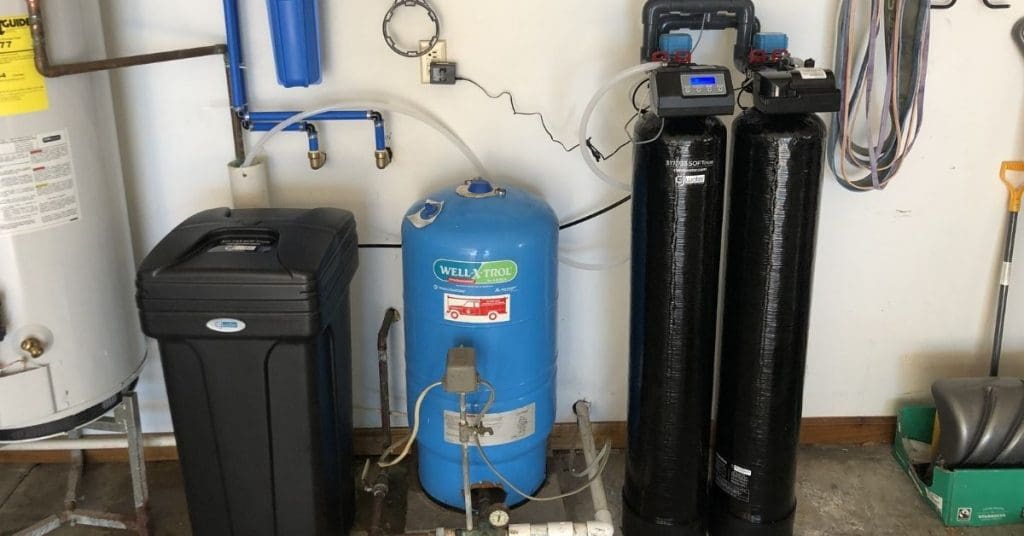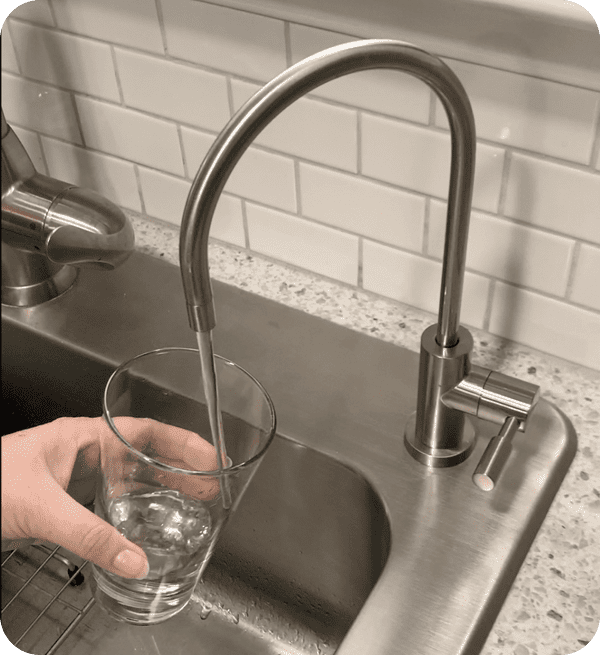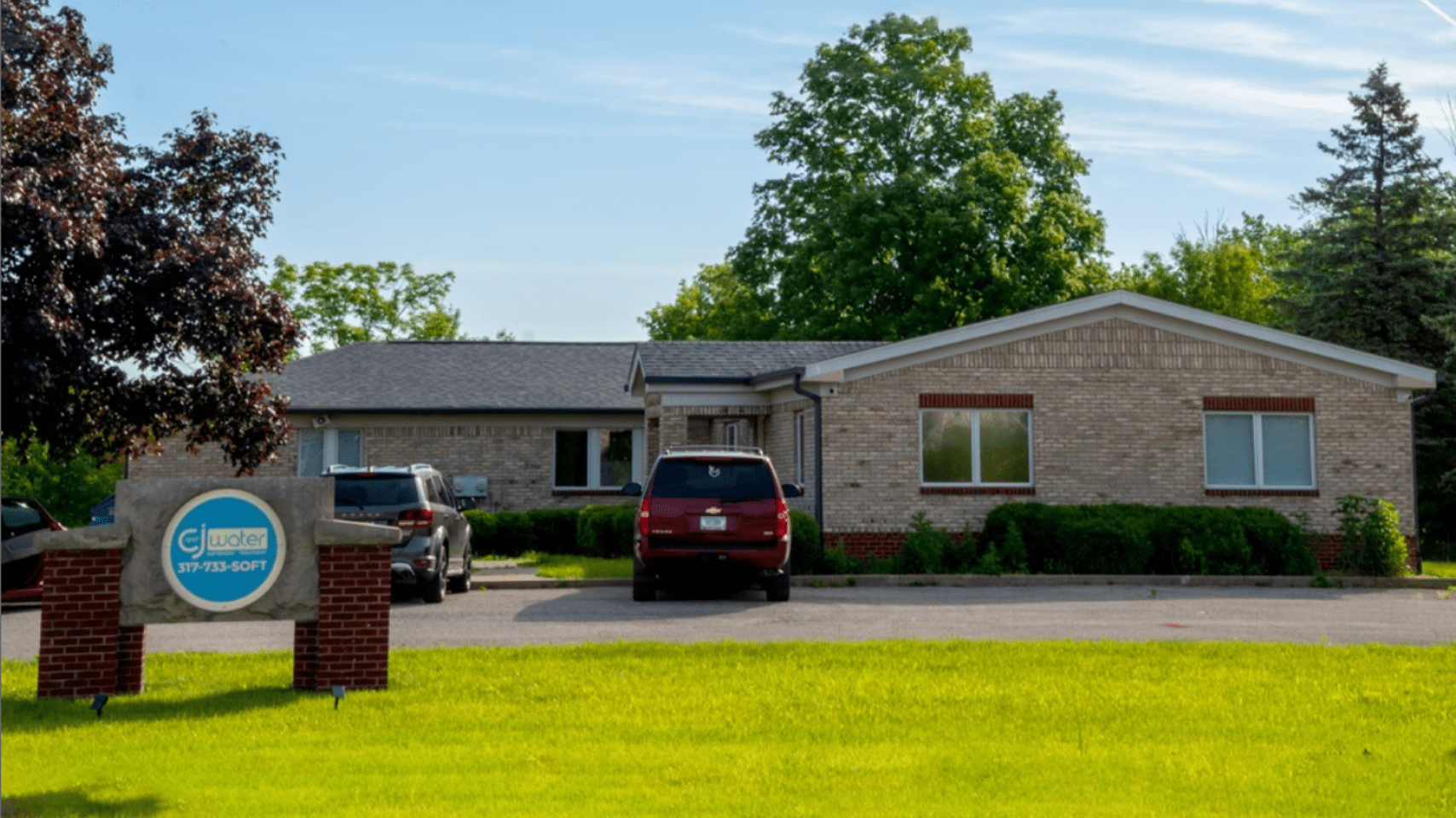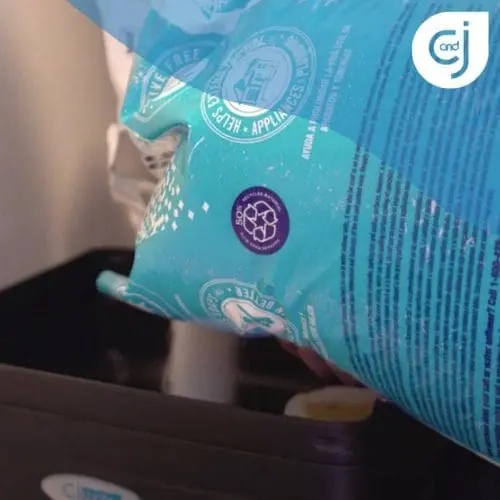A Water Softener Can Extend the Life of Your Water Heater
Central Indiana has notoriously hard water and for that reason, many homeowners choose to install a water softener. Our state ranks as one of the highest for water hardness in the country. Hard water means that there are high levels of certain minerals such as calcium and magnesium. Hard water isn’t necessarily bad for your health but it can damage plumbing fixtures and home appliances over time.
Hard water can cause many problems to you the appliances in your home, like showers, dishwashers, and washing machines, but did you know it can also cause damage to your water heater?
Any appliance that uses water is damaged by hardness minerals and a water heater is no different. Calcium, magnesium, and iron enter your home through the water source, and leave build-up that causes stains, pipe clogging, and lowers water pressure. While these minerals are not harmful to consume—they are often in the food we eat—they can spell disaster for a water heater and other appliances.
 How does hard water impact a water heater?
How does hard water impact a water heater?
The average service life of a tank water heater is 8-12 years. One of the most common reasons why a water heater needs to be replaced is corrosion inside the tank.
Where does this corrosion come from? When the temperature of a water heater rises, limescale forms from the hardness minerals in your water. This limescale then settles on the floor of your water heater. The floor of your water heater is where the burners transfer heat to your water, so this build-up lowers the energy efficiency. The limescale acts as an insulation, making the heat transfer more difficult, forcing the water heater to run longer and use more power.
Electric water heaters are also at risk. The limescale builds up on the heating elements, causing a similar drop in energy efficiency. Electric water heaters already cost more to run than gas models, and hard water can make them even costlier. A water heater can be flushed and this limescale removed, but unless you address the hard water coming into your home, the problem will be repeated.
Energy efficiency isn’t the only issue hard water causes with water heaters. Limescale also builds up along the walls of the water heater, preventing heat from escaping. While this might sound like a good thing, water heaters are calibrated to account for standing heat loss. When the walls are scaled the heat is trapped and it overheats and damages the water heater. Again, you can drain your tank and descale it, but the hard water will repeat the problem.
What about tankless water heaters?
More and more homeowners are choosing tankless water heaters, but not addressing the problems caused by hard water. Tankless water heaters are not immune to this issue. They too have similar problems with limescale buildup. The efficiency of the water heater will suffer, and the mineral deposits can cause your home to have problems with water pressure within tankless water heaters, the problems are similar—scale buildup along the heat exchanger slows down the movement of heat, and efficiency suffers. Worse, the minerals deposits can close off the narrow flow passages through the tankless system, causing water pressure in the house to plummet. Most tankless manufacturers recommend that hardness levels in water should not be above 5 gpg (grains per gallon) and even at 5 gpg, they recommend that the unit is descaled every 6 months.
Does soft water prematurely ruin the anode rod in my water heater?
Water heaters are appliances that heat the water you use in your home. They normally last about 8-12 years. Made of metal and constantly heating water, this appliance will eventually corrode. In order to prevent this from happening too soon, anodes are placed inside the heater. These are designed to corrode and should be checked typically every six years to see if they need to be replaced. Electric water heaters use an electric current passed through a highly resistive element to heat the water. A tiny fraction of that current can leak into the water and will cause electrochemical corrosion of the heater and the nearby plumbing as those free electrons looking for a home. For this reason, all modern water heaters include a sacrificial anode rod—its purpose is to attract those electrons and corrode away instead of the rest of the heater or the pipes. Once the anode rod is gone, unless it’s replaced the rest of the heater will start corroding away. Sodium is an electrolyte and its presence in the water will enhance the galvanic corrosion that I just described. As long as the anode rod is in good shape, the water heater won’t be affected, but the anode can waste away faster because of the presence of sodium in the water, and once the anode rod is gone, the sodium could expedite the corrosion of the water heater. This premature corrosion is usually negligible and is offset by the many other benefits of soft water. Every water conditioning decision is a cost/benefit analysis. A softener WILL reduce calcium and limescale buildup inside pipes and on fixtures and will reduce the sediment buildup inside a water heater which can potentially extend the life of the heater. It can also reduce the usage of detergents and provide other intangible quality of life benefits.
How can you protect the appliances in your home?
Unfortunately, Central Indiana has some of the hardest water in America. Hard water causes stains, clogging, faded laundry, residue on dishes, and, as mentioned above, diminished life of your appliances. The best way to mitigate hard water is with a water softener. Water softeners literally soften water, by removing certain minerals. In most cases, this means excess calcium and other minerals, which are naturally occurring elements often found in well water but are also present in many municipal water supplies.
Saltwater softeners extend the life of your appliances by stopping mineral deposit buildup. They save households money, by using up to 50% less soap and detergents. Water softener systems keep your hair shiny and soft, keep your skin moisturized, keep your clothes brighter, and make taking showers more enjoyable. Soft water systems are gentle on plumbing and don’t cause rust damage in sinks, tubs, dishwashers, water heaters, and washing machines.
At C and J Water, we are experts at solving hard water problems. Our licensed technicians can test the hardness of your water and no cost and then inform you of all your equipment options. Having a professional like C and J Water install a whole house water softening system will eliminate all of your hard water problems and save your water heater, allowing you to enjoy all the energy efficiency your hot water heater has to offer. Contact us today and find out how we can solve your water problems!




